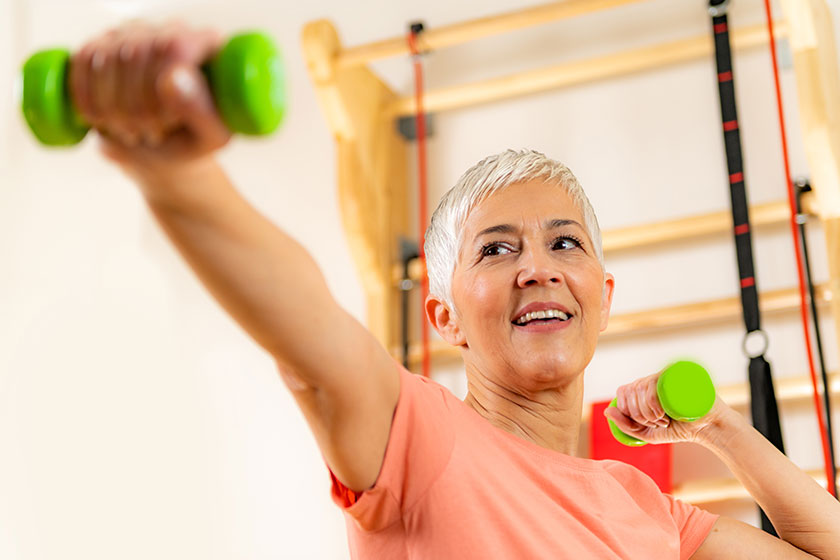Strokes come with lingering effects that require structured recovery. Assisted living residences in North Bend, MD, offer vital services to support survivors. These care facilities provide exceptional medical assistance and offer empathy, compassion, and a nurturing environment to support recovery. Stroke survivors strive to recapture their lives. With help, expert care, and coordinated treatments, this challenge can become a path of strength and healing.
The Vital Role of Assisted Living Residences
Assisted living residences in North Bend, MD, play a huge role in helping stroke survivors reclaim their lives. Our dedicated teams collaborate to create personalized recovery plans for each individual, with therapists, nurses, care aides, and physicians collaborating.
Every step varies based on individual needs and the impact of the stroke on daily abilities. The professional team takes time to understand the survivor’s journey. This includes their previous lifestyle, personal hobbies, and tastes. They use their deep understanding to create a plan matching the survivor’s life rhythm. This approach ensures that each recovery process is medically sound and personally meaningful.
Embracing Speech and Physical Therapies
Post-stroke recovery in a North Bend, MD, assisted living residence includes intense speech and physical therapy. Speech therapists work with stroke survivors in sessions to improve their communication skills and swallow reflexes affected by the stroke. Therapy sessions address language and speech issues caused by stroke, such as aphasia, dysarthria, voice disorders, and cognitive-communication disorders.
Physical therapists, on the other hand, target motor functions. Training sessions aid balance, strengthen muscles, and improve mobility. Physical therapy helps individuals become more independent in everyday tasks like eating, dressing, and personal hygiene.
Offering Emotional and Psychosocial Support
Emotional and psychosocial support are just as important as therapies in a North Bend, MD, assisted living residence. Post-stroke recovery goes beyond physical aspects to an emotional journey. Stroke survivors often grapple with stress, anxiety, depression, and fear. Assisted living environments offer much-needed psychosocial support in these trying times.
Promoting a Healthy Diet and Lifestyle
A major truism of post-stroke recovery is that the journey does not end with therapy. It extends to redesigning one’s diet and overall lifestyle. Assisted living homes in North Bend, MD, promote healthy eating and physical activity to achieve this goal.
Each meal is prepared based on dietary recommendations and the patient’s preference. Additionally, medicinal food is offered to manage blood pressure and reduce stroke risks. This includes physical activities like walks and exercises in our daily routines. This fosters a more active and healthful lifestyle, encouraging improvements to overall health.
Physical Activity and Recreational Adventures
Recreational activities are a crucial aspect of life at a North Bend, MD, assisted living residence. The options here are engaging and tailored to individual preferences. You can go fishing, paint, cook, or spend an afternoon with a good book. More importantly, these activities are excellent for fostering interpersonal relationships and camaraderie.
Physical activity plays a vital role in recovery and overall health. Daily routines include light exercises, walks in beautiful open areas, and easy stretches. This fitness approach helps you recover quickly and stay healthy.
Structured Routine
Routine is a savior for stroke survivors. It offers rhythm, predictability, and a sense of accomplishment. Residents experience this pattern at assisted living residences in North Bend, MD. Waking up to a balanced breakfast, morning therapy, activities, and delicious meals fills the day with joy and excitement.
The structured routine offers a mixture of predictability and excitement. It promotes healing, encourages involvement, reintroduces elements of life before a stroke, and maintains a balance with recovery requirements.







